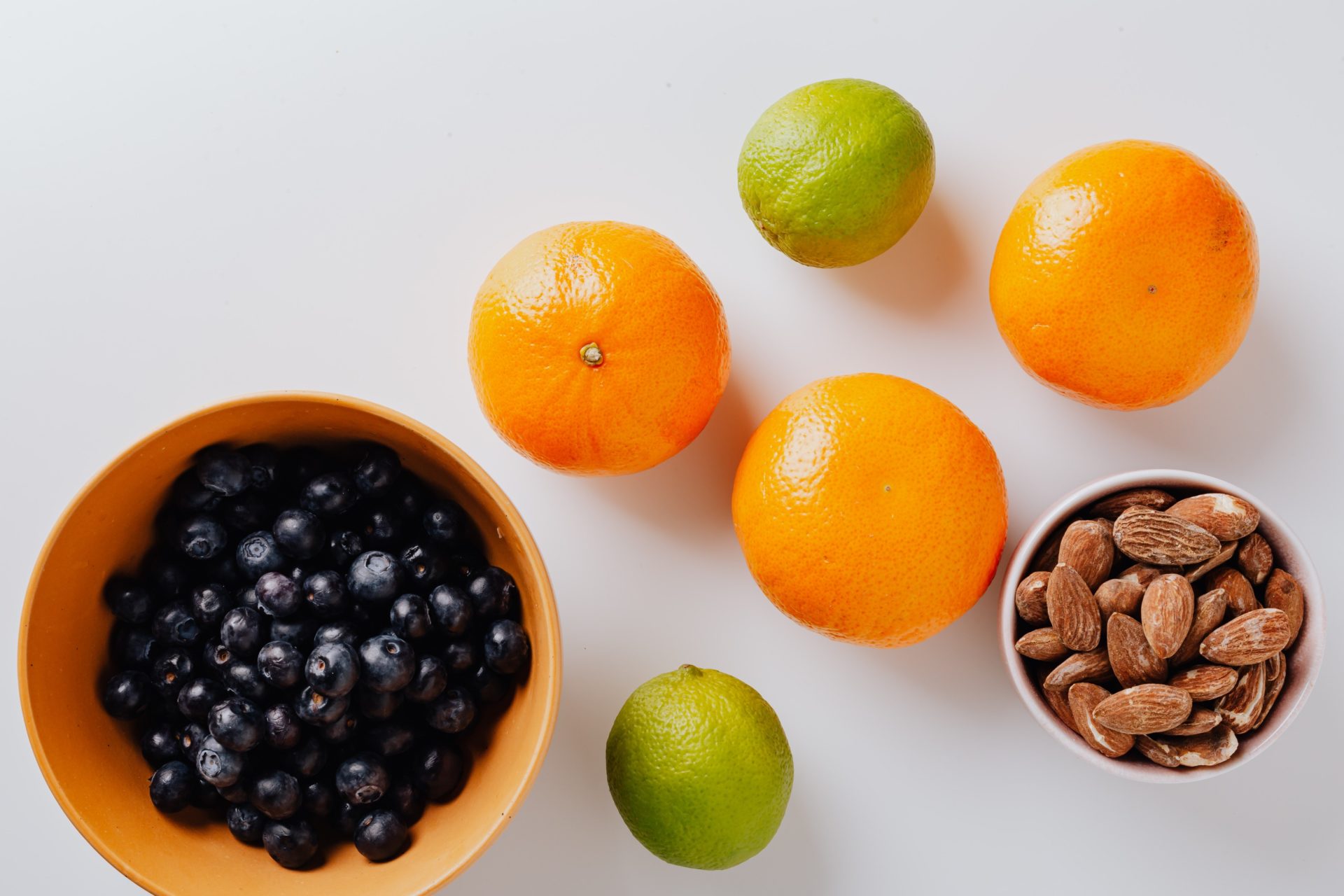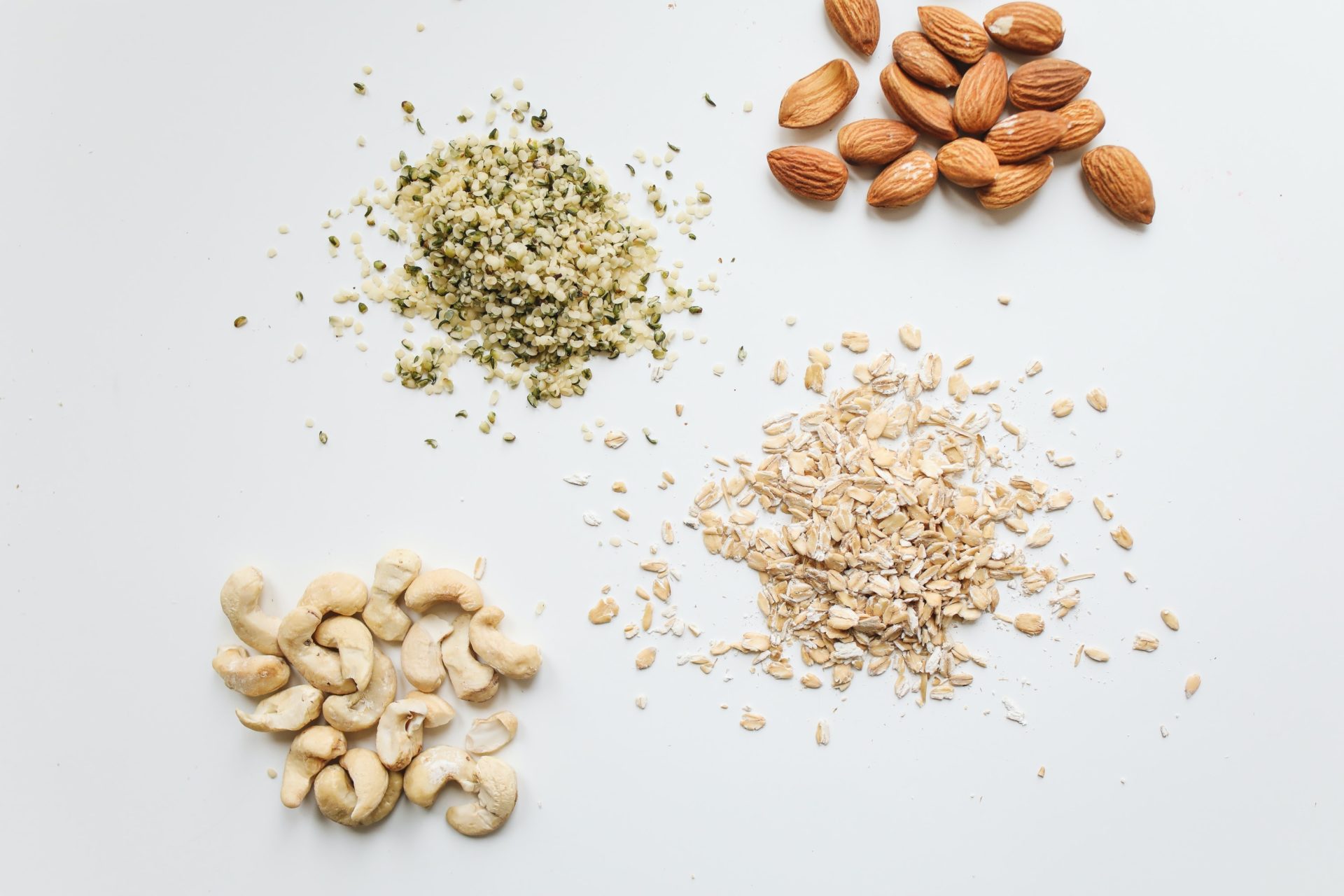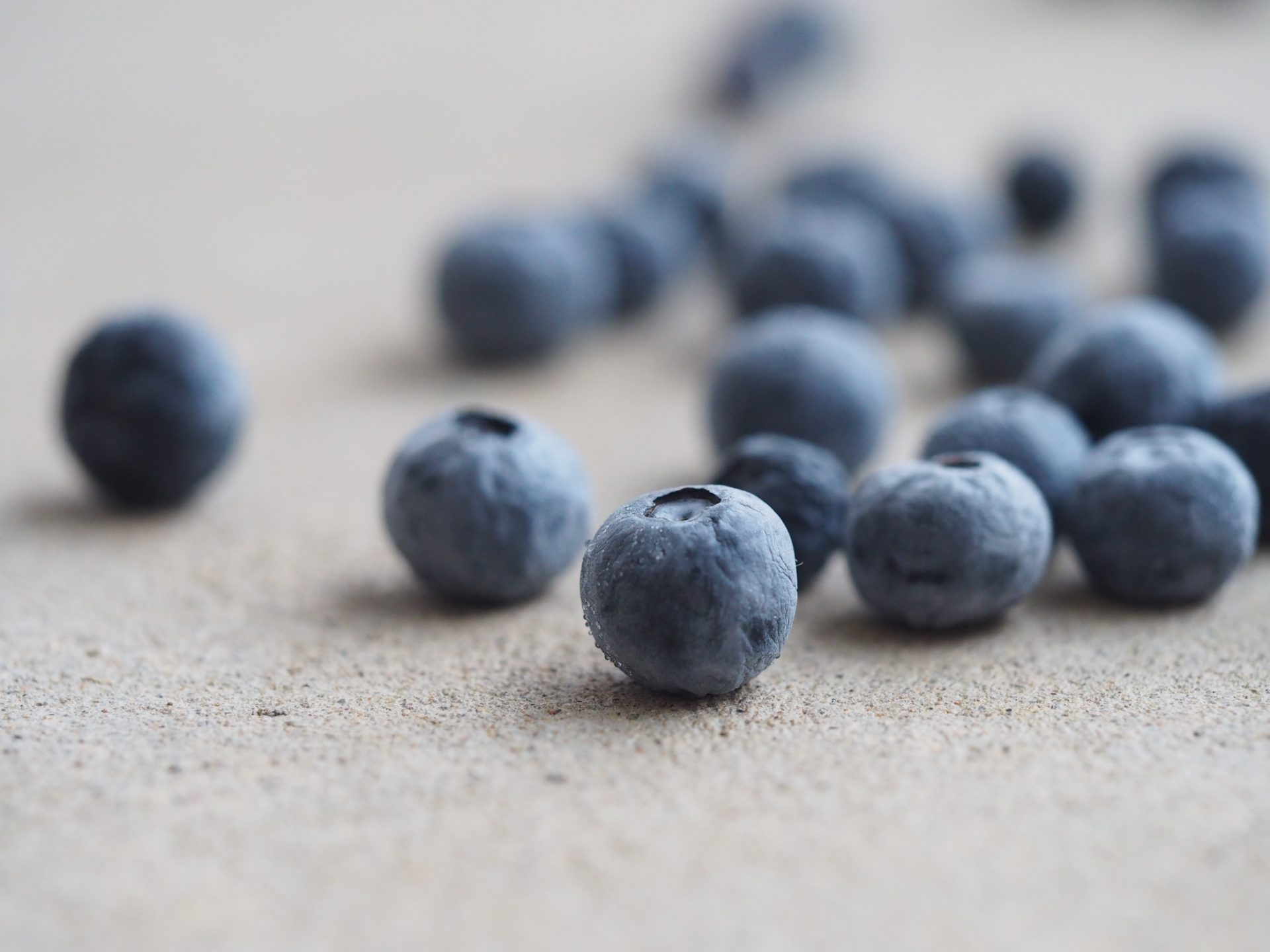
 Sophie Higgins, a holistic nutritional therapist and yoga teacher
Sophie Higgins, a holistic nutritional therapist and yoga teacher
Whether this resonates with you in a big way, or a small way, it is fascinating how our relationship with food can alter depending on how we feel or what mood we are in. We can all relate to this to some extent – the foods we find comfort in when we are feeling low or a bit down, or the foods we love to enjoy and celebrate when we are feeling happy, content, or excited – I have a definite, clear list of foods that I turn to when my mood is low, and an equally clear list of ‘go to’ choices which are my ‘I’m feeling good’ foods.
It may not be as clear cut as this for you, but we can definitely all relate to this physical aspect of the relationship we have with the foods we eat – and it can be all too easy to focus on this physical relationship, because we can see it and we can feel it, and we can therefore acknowledge it as something that is associated with our feelings and emotions.
Read more: These are the super snacks to stash at your desk
But what if we were to flip this on its head and think about the way that certain foods, or more so specific nutrients within foods, might have the potential to influence our mood and the way we feel, rather than the other way around – could the foods we eat really have such an impact on our mental wellbeing?
In short – yes, absolutely! Believe it or not, there is actually a direct link between what we eat and how we feel, and this becomes even more pertinent when we consider how our mood and mental wellbeing could be impacting our health overall.
When we are feeling blue it is often the foods that actually end up making us feel worse in the long run that we end up reaching for first, with unfortunate, yet expertly guided marketing campaigns often helping us on our way, championing processed ‘comfort foods’ as the choices that will make us feel better and happy.

However, these foods are often jam-packed with refined carbohydrates, trans fats, additives, and sugar, that will not only send our blood glucose on an un-relenting roller coaster ride, but that more often than not will leave us feeling bloated, tired, lethargic, foggy-minded, and irritable – not exactly what we want when we’re already feeling pretty rubbish.
So, I know it may not be the first thing we feel like diving into when our mood is low, but making a conscious choice to opt for natural, unprocessed, wholefoods, which are rich in mood-boosting nutrients, antioxidants, vitamins, and minerals, such as healthy fats, B vits, magnesium, vitamin D, and probiotics, will ensure that we are giving our body the tools it needs to help keep our mood lifted and our step bouncy.
And what’s more, infusing your body with these happy-enhancing nutrients, provides the body with the materials it needs to produce certain neurotransmitters, such as serotonin and dopamine, that help to regulate our overall mood, and keep our ‘feel good factor’ hormones supercharged and ready for action.
I’ve picked just a few of nature’s top mood-lifting foods to highlight in a little more detail below, so get adding these delicious, mouth-watering beauties into your daily diet for a hit of that ‘feel good factor’ feeling.
1. Avocados
Where do I start with these gorgeous green gems – one of my absolute all-time favourite foods! Not only do they taste amazing, but they offer a multitude of health benefits for the whole body, and in particular, our brains.
Packed with a whole bunch of mind-nourishing and mood-enhancing vitamins, minerals, phytochemicals and omega-3 fats. Magnesium, B vits, folate, choline, and vitamins A, C, E, and K, avocados help enable the body to stimulate serotonin and dopamine, those ‘happy promoting’ neurotransmitters I mentioned above, helping to combat fatigue, giving us a boost of ‘feel good energy’, and enhancing overall cognitive function.
2. Salmon
Including wild-caught salmon in your diet is an absolute no-brainer when it comes to both your mood and cognitive health.
Not only is it packed with mood-regulating and brain-nourishing essential fatty acids, but it is an absolute powerhouse when it comes to vitamin B12 levels, a super important vitamin that helps to keep our mood lifted and our mental health tip top.
One study even found that patients who had the highest levels of vitamin B12 were most successful in overcoming feelings of depression.

3. Nuts
Nuts are one of my go-to snacks when I feel like I need a boost of energy or a quick pick-me-up – that’s because they offer a whole host of health benefits that can leave you feeling positive, alert, and smiling through the rest of the day.
Nuts are a rich source of serotonin, helping us to feel good from the inside out, and which is often in short supply when we are feeling depressed or low, and what’s more they are full of mood-balancing antioxidants and brain-nourishing essential fatty acids – just make sure you go for raw and unprocessed nuts rather than the salted and dry-roasted kind!
4. Coconut oil
I am a huge fan of coconut oil. I use it for cooking, add it to coffee and hot cocoa, and even put it on my hair for ultimate shine and softness, but did you know that coconut oil can be a real key player not only in helping to regulate our mood, but in helping to support our overall brain and cognitive health, and especially as we age?
Coconut fats are high in medium chain trigylcerides (MCT), fatty acids that have been shown to stimulate dopamine and serotonin production, which are known to give us a boost in the feel good department, and which can help to relieve feelings of anxiety and depression.
MCT’s also work their magic to help regulate blood glucose levels, helping to control those fluctuating mood and energy dips throughout the day.
5. Fermented foods
While it is common knowledge that an over-abundance of less beneficial bacteria in our gut can lead to a compromised digestive system, and that probiotics containing beneficial bacteria can help to build and support a more robust GI tract, it is now understood that our own unique and individual microbiome has a direct effect on our brain, and vice versa, which is known as the gut-brain axis.
It is now thought that certain gut bacteria are actually responsible for producing around 90% of the body’s total serotonin, and other neuroactive substances, that directly act on this gut-brain axis.
This means that our microbiome can have a huge effect on our state of mind, our mood, our stress response, and can potentially play a big part in mood related conditions such as depression, anxiety, and obsessive compulsive disorder.

Because of this now clear and understood relationship between our gut and our brain, it is super important that we are feeding our gut the right kinds of bacteria, not only to help keep our digestive function healthy, but to keep our cognitive function healthy as well.
One way we can do this is by incorporating fermented foods into our diet, which are a natural, healthy source of probiotics, which our gut just loves! Grass fed dairy, including raw milk and kefir, are great ways to help not only support our gut and the beneficial bacteria within it, but also our mood and our overall mental well-being.
If you avoid dairy, or are intolerant, try adding some coconut kefir to your diet instead. Other fermented food sources that I try and get into my diet as much as possible include sauerkraut, kimchi, tempeh, and miso.
6. Raw cacao
“Yes!” I hear you shout, “chocolate can actually make us feel good?!” It can indeed, but I’m not talking about the kind made from milk by a very popular brand that we all know and love, I’m talking about the pure, natural, unprocessed, unadulterated stuff – raw cacao.
Raw cacao contains polyphenols, natural compounds that have been shown to improve cognitive function, increase perceived feelings of calmness, and improve feelings of depression.
It is also a rich source of magnesium, an important mineral that is essential for muscle and nerve relaxation, and for helping us to switch from our sympathetic to our parasympathetic nervous system response, allowing us to sit back, relax, and take things in our stride.
Cacao also contains the amino acid, tryptophan, which the body can use to synthesise that ‘feel good’ neurotransmitter, serotonin, helping to boost mood, positivity, and feelings of wellness.

7. Blueberries
For such a small berry these guys pack an almighty nutrient punch. They are especially high in powerful antioxidants that help to protect the brain, and the rest of the body, from oxidative stress and toxic overload, and it is the levels of one particular group of antioxidant plant compound, called flavonoids, that has been linked to the berry’s noticeable mood-enhancing properties.
Flavonoids are responsible for the dark blue colour of blueberries and harbour potent antioxidant and free-radical scavenging benefits, which have been shown to have a positive impact on mood and well-being, such as decreasing the risk of developing depression and other mood related conditions.
8. Leafy greens
Leafy greens are good for everything! Not only are they abundant in a whole array of vitamins and minerals, such as magnesium, that ‘master muscle relaxer’ I mentioned earlier, but they are also full of powerful antioxidant plant compounds that help to fight oxidative stress and free radical damage.
This helps to keep our brain health in tip-top condition, turbo-boosting our memory, lifting our mood, and can even help to alleviate feelings of anxiety and depression.
In particular, these green mood-boosting veggies help to stimulate glutathione production, a super powerful antioxidant, which can help to fight stress-induced inflammation, and works to help prevent the risk of developing neurological disorders, keeping our overall cognitive function fighting fit.
Sophie Higgins is a holistic nutritional therapist and yoga teacher based in Margate and London
Photography by Pexels























